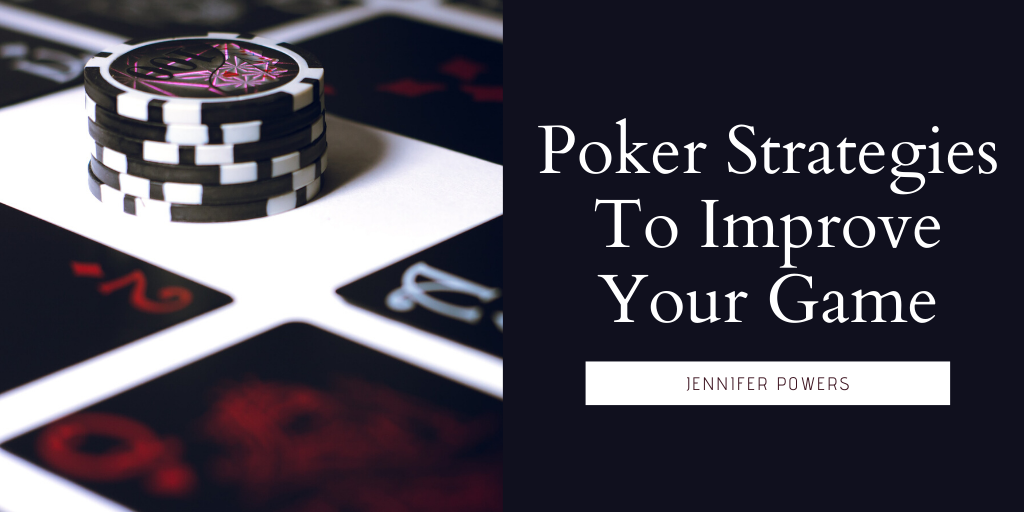Some people may think poker is a game where success is fueled entirely by luck. However, professional card players who play in tournaments often utilize homebrewed strategies to work towards that jackpot. How can you generate such a strategy? Read on to learn the basics of planning for luck.
Develop A Consistent Strategy
Many of the most world-famous poker players adopt a consistent strategy. Such individuals do not adjust their playstyles after a bad hand or disappointing result. Instead, they’re in it for the long-haul. Short-term failures are not indicative of long-term results. So, holding and folding under similar conditions becomes second-nature as the strategy is fine-tuned.
Think
Gambling can be a nerve-wracking experience, especially with the prospect of winning whatever jackpot is on your table. That said, successful poker players always think long and hard before the game even starts. They do not let huge pots, strong opponents, or underlying stress influence bad plays. This is why having a strong poker face is only half the battle—players also need calm minds.
Understand When To Fold
The mentality of many accomplished poker players is the thought that few hands are unwinnable. However, occasions arise when the cards are not great and the stakes are too high. In such instances, the great ones know when to fold up the tent and live for the next hand.
Truly Play Good Hands
Sometimes a competitor will draw a favorable hand. Experienced players recommend using such luck to their advantage and aggressively play a good hand. Under such circumstances, playing too slow or failing to raise the stakes quickly could cost the lucky hand-holder in the long run.
Pay Attention To The Competition
Many professional poker players can spot a recreational performer or an emotional fellow competitor from a mile away. The term “poker face” was invented for a reason. Players that display any kind of emotion like anger, anxiety or frustration are likely not holding optimal hands or are getting uncomfortable with the burgeoning stakes. Therefore, paying close attention to one’s competitors might go a long way in determining how lucrative a tilt this could be.
Attack Weaker Players
Merely noticing weakness is not enough. Professional players will immediately attack weakness. There is a good chance that tense or intimidated players will be easier to bluff on, be quicker to fold, and less likely to stay in with every growing pot. The best always remember that poker is a high-stakes game, and those who can handle the pressure are more than likely the ones who will be standing when the competition concludes.
